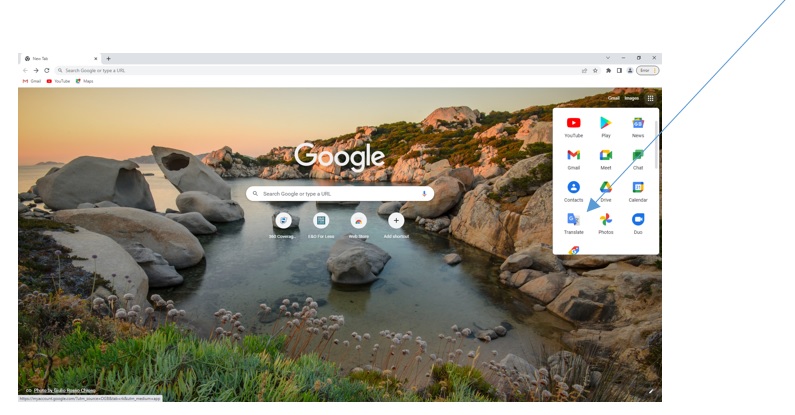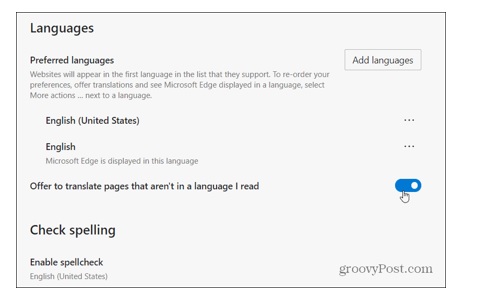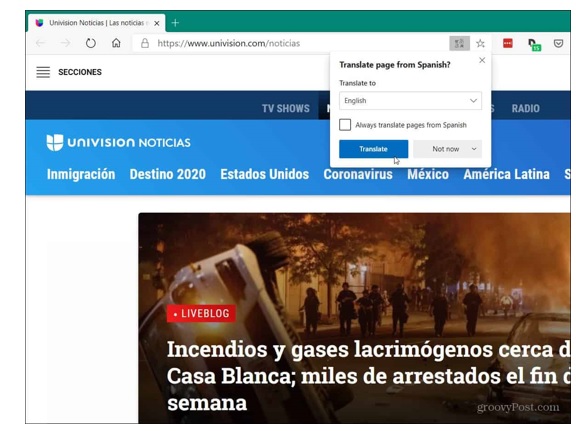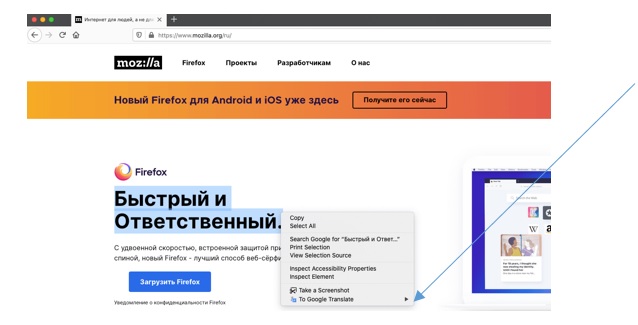
Do you work so hard that you feel stressed out? Welcome to RIA burnout. Fortunately, there’s a better path. Read about it here.
Being a wealth manager or registered investment advisor (RIA) isn’t a walk in the park. Sure, the financial rewards can be high, but the required work can be punishing. Advisors who work too hard for too long can get burned out. Those who remain in that condition for months or years can suffer damaging mental and physical consequences— everything from depression and anxiety to physical ailments such as heart disease.
To have a long, rewarding, enjoyable career in the RIA sector, keeping your work hours reasonable is essential. Achieving a happy balance of work, play and relaxation will allow you to maintain a financially successful lifestyle without subjecting your body and mind to debilitating stress.
What is burnout? Simply put, it’s when advisors put in so many hours at the office they never rest or relax. Over time, this can lead to overwhelming fatigue, irritability, lack of mental acuity and feelings of sadness.
Advisors don’t wake up one day and realize they’re burned out. The condition typically builds over weeks and months. They get used to working too much and settle for a work-dominated lifestyle. As their personal interests atrophy and health suffer, one day, they hit the wall.
Have you ever experienced burnout? If so, you know it’s not pleasant. Reducing your workload when you first notice you’re tired is a much better alternative.
How Burnout Happens
Burnout occurs when advisors let their work and personal lives become unbalanced. This can happen for many different reasons:
- They may adore what they do for a living. They love it so much and don’t want to do anything else.
- They might not trust anyone else to serve their clients because they believe only they can do it right. In other cases, they might lack organization and time management skills. To keep up with work demands, they must work harder and longer than others.
- They are trying to avoid problems at home. Spending most of their time at work is easier than confronting issues in their personal lives.
- They have needy clients who require a lot of handholding during times of economic volatility.
Whatever the causes of burnout, the consequences can be severe. Here are some major ones:
- Producing unhappy clients and a high defection rate
- Turning in incomplete work
- Making frequent mistakes leads to client litigation and errors and omissions (E&O) insurance claims
- Not bringing in enough new business
- Falling behind on professional development
- Not having a work-life balance
- Feeling dissatisfied with one’s career
- Having trouble at home with family
Left to fester, these consequences can spark seismic life events for advisors, including quitting their jobs, getting divorced or trying to harm themselves. If you suffer from burnout, it’s essential to break the overwork cycle as soon as possible.
How to End Burnout
Reducing burnout won’t happen all at once. Since it likely took time to develop, it will also take time to reduce. The first step is to admit to yourself that your situation is untenable and you need to change.
- Start by establishing firm boundaries between your work and professional lives– Commit to ending your workday at a specific time— and we don’t mean 10 p.m.! Put in a full, productive day, but when it’s time to shut down your computer, do so. When you leave your desk, whether it’s in an office building or your home, don’t go back.
- Get better organized at work– Use time management and productivity applications to better plan your day and control your time. Also, divide your day into separate buckets for different types of work and focus only on the tasks allocated to your current bucket.
- Learn to say no to others– If someone wants you to take on a new task, don’t automatically say yes. Consider the number of work hours it will require and whether you can complete it without skewing your work schedule. If you can’t handle it, gently suggest alternatives, such as giving it to someone else or deferring it to some future point.
- Live a healthier lifestyle– This entails exercising more, watching your diet and mentally focusing only on the things you control. Ignore things you can’t change. You’ll be much happier and less stressed as a result.
- Avoid an “always on” mentality– If you leave your devices on and check them repeatedly at night, you’ll be tempted to work more. Protect your free time by keeping your electronics off and focusing on personal activities once you leave the office.
By adhering to these practices, you will avoid the temptation to work so hard that your personal life and health will suffer. Maintaining a healthy work-life balance will help you do your best work for your clients and sustain a rewarding career for years to come.
In the market for RIA E&O insurance? Consider the program available from 360 Coverage Pros. Our coverage starts at $141.75 per month. To learn more, visit our website.







Share this page.